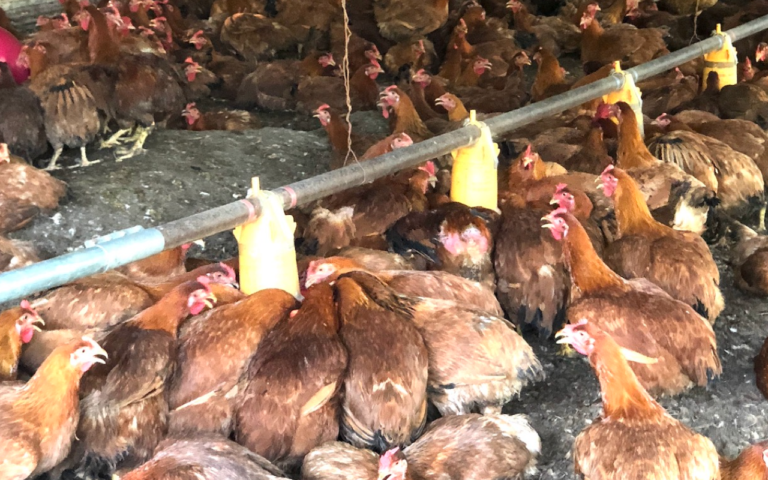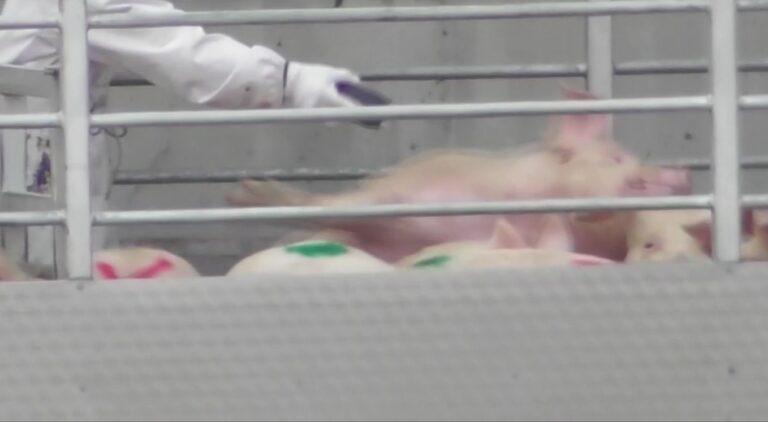
Category Animal Welfare

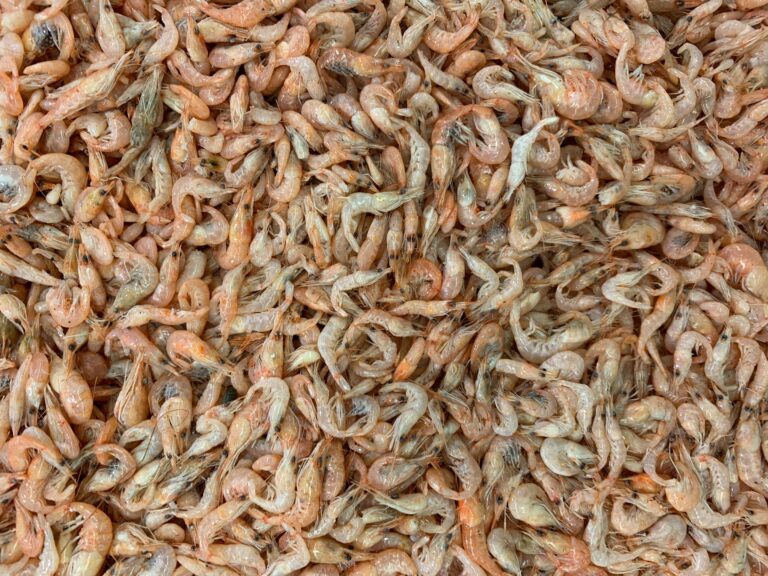
Awareness survey regarding shrimps, July 2021
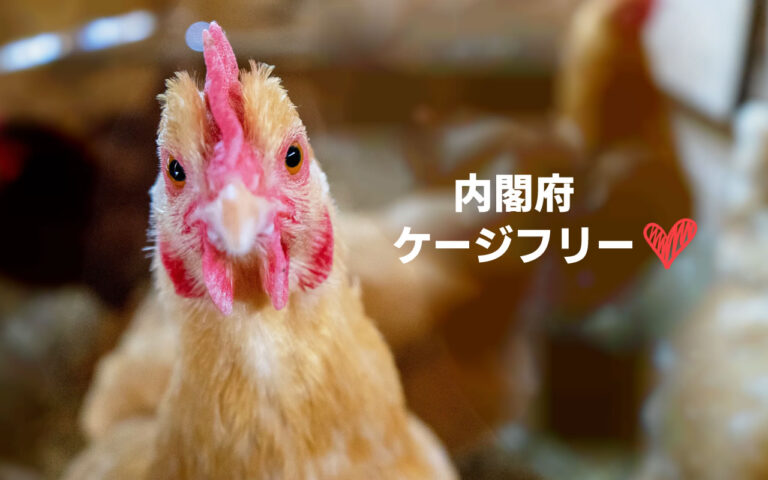
Good news!!! The Cabinet Office is cage free!
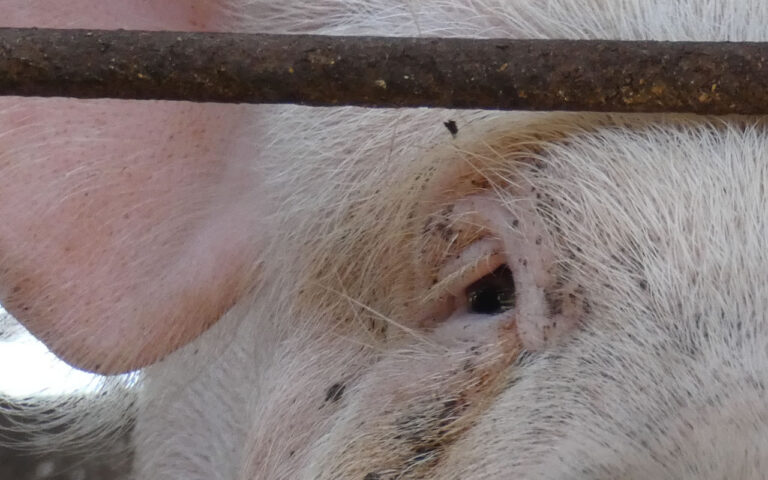
What’s “unreasonable” in the definition of animal cruelty crime?! To be effective, please define correctly!
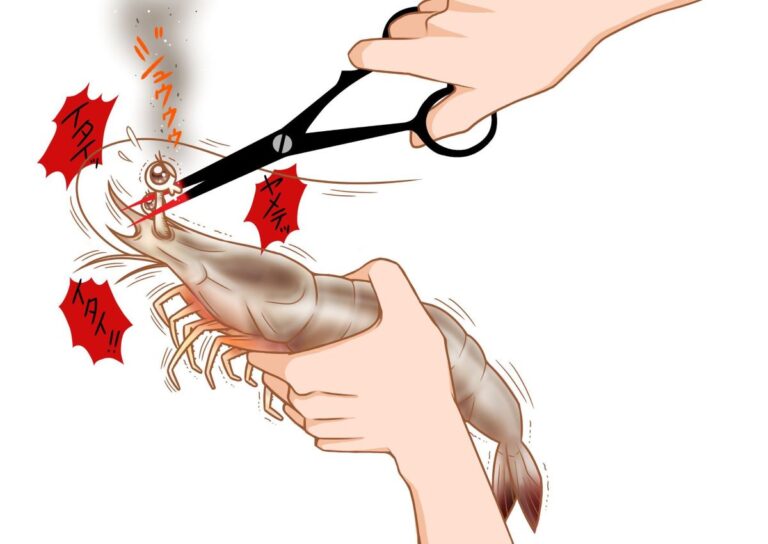
Did you know that in shrimp farms, one eye of the mother shrimp gets cut off?

Cruelty in shrimp farms exposed, #ShrimpsMatter campaign launched!
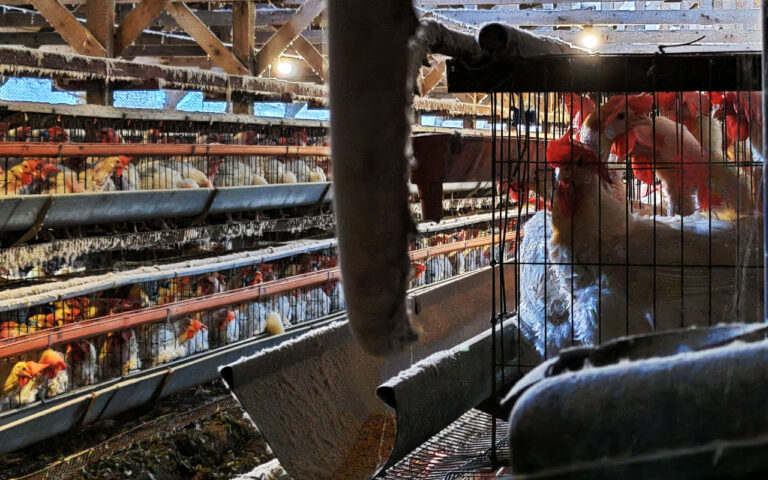
Tokyo Olympics without Concerns for Animal Welfare is Starting…
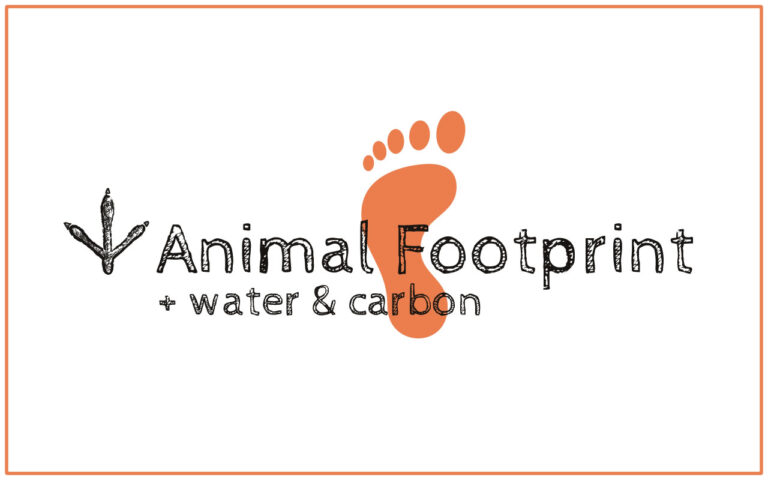
Food Footprint Calculator – Know your impacts –

Tokyo Olympics: Will Animal Welfare Stay Neglected?
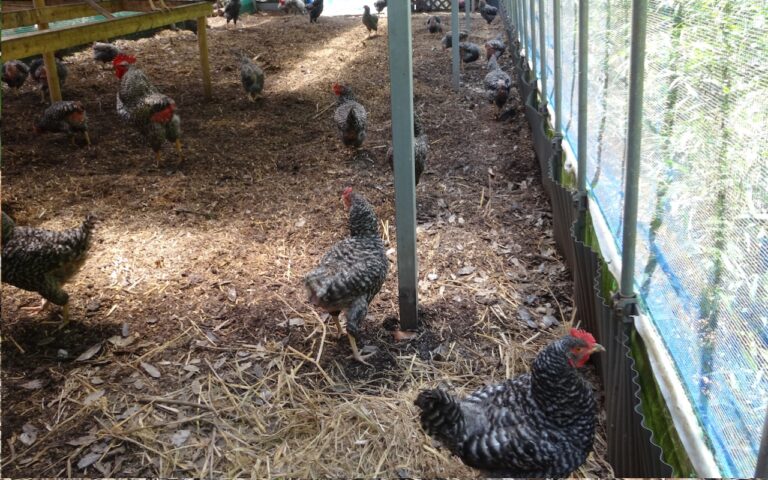
ORGANIC GRILL KUGENUMA-KAIGAN IS CAGE-FREE AND BETTER CHICKEN
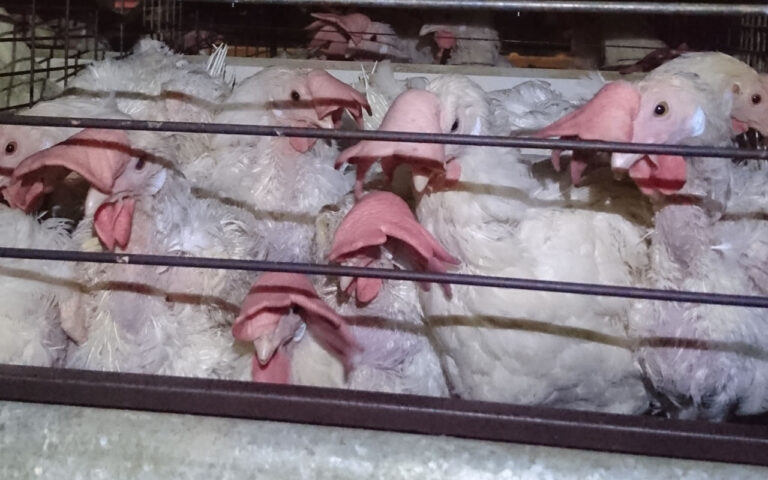
MAFF, unable to escape from its intimate relationship with the industry, is far from regaining trust
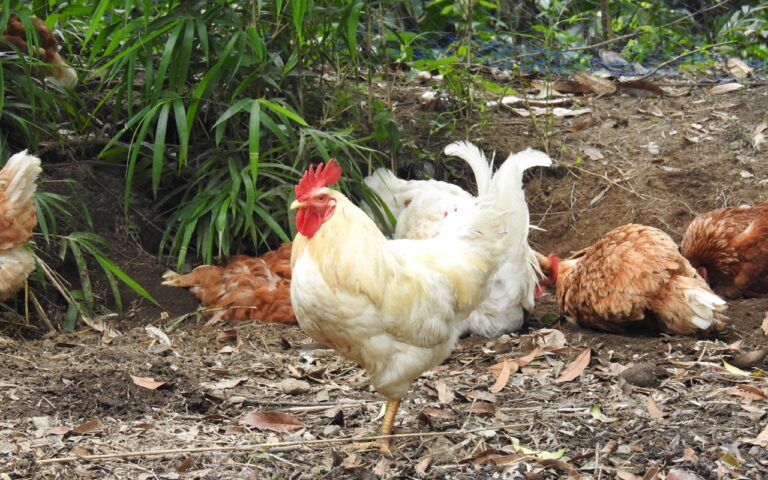
Non-profit organization Asahi and bakery Boulangerie Mike are cage-free
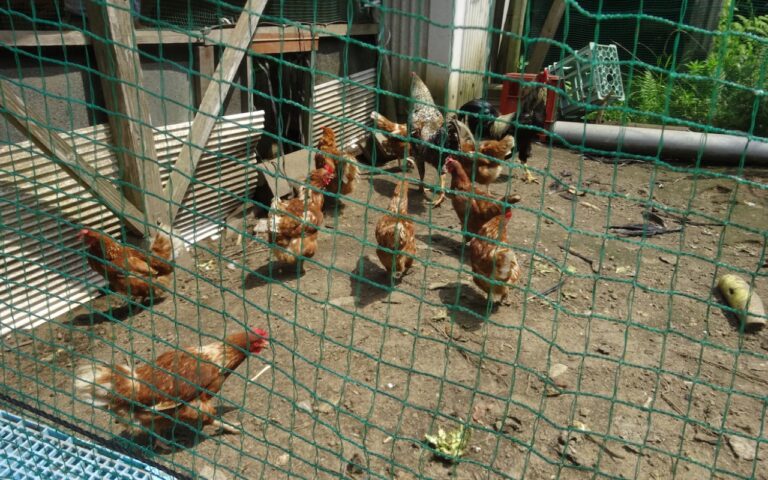
Izakaya “Shusai Tenmi” and bakery “Casse-tete” are cage-free
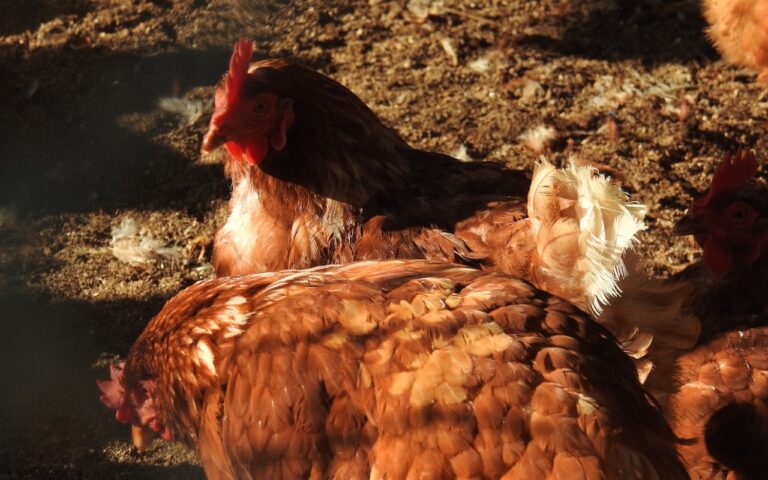
Ai matiere and Natural yeast bread bousyu are cage-free
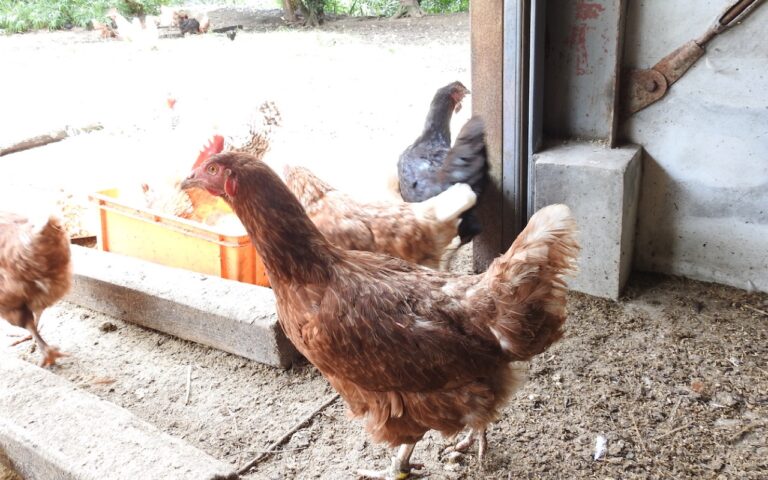
Cocoropan and Sakurasaku Farm are cage-free
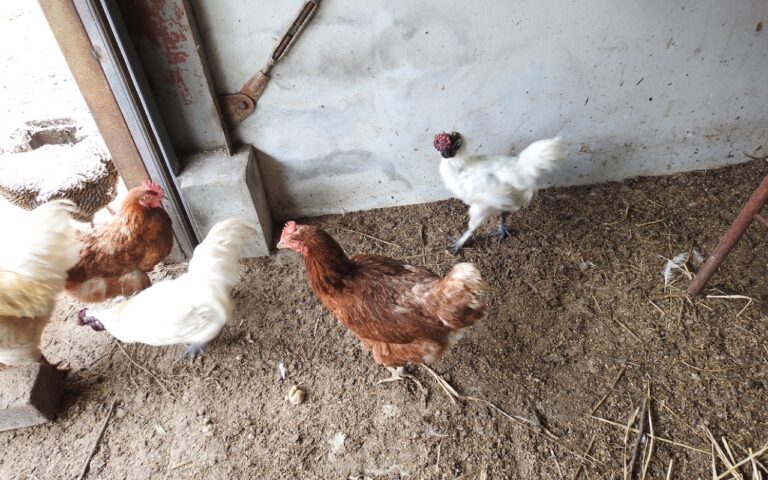
Izakaya Takahashi Shoten, which chose to switch to barn-raised eggs, is cage free
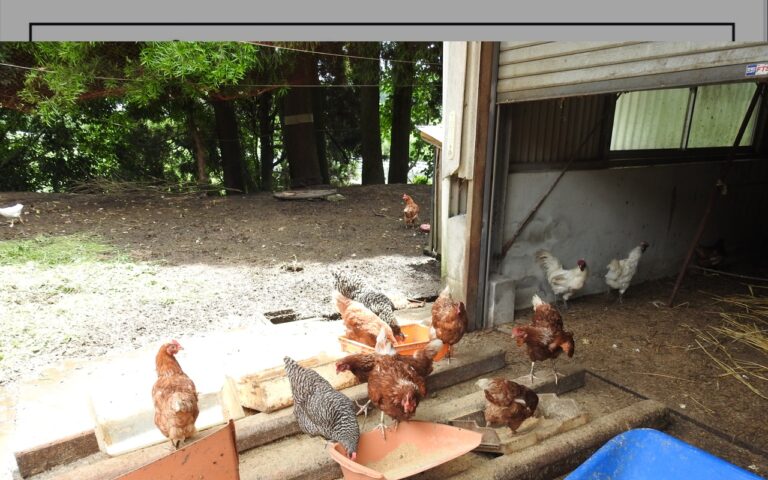
Tsuchiyu Inn Satonoyu has switched to cage free in response to customer inquiries

BARAQUE, which uses cage-free eggs in consideration of animal welfare, is cage-free
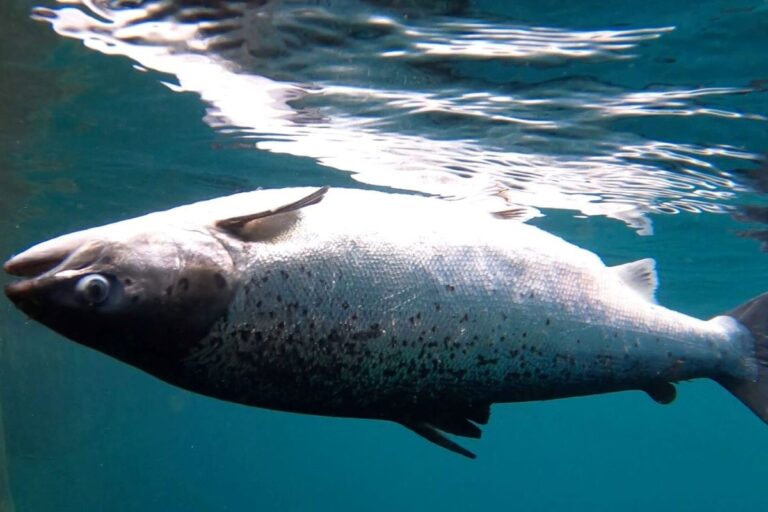
Stop Salmon Suffering
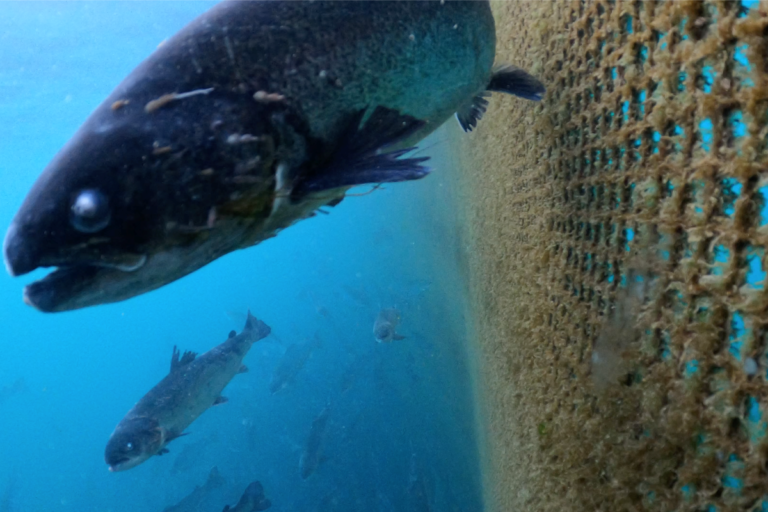
Deformities, parasite infestations and high death rates: the murky depths of one of the world’s largest fish farming industries exposed in new undercover investigation

2021 Awareness Survey regarding Livestock Animals
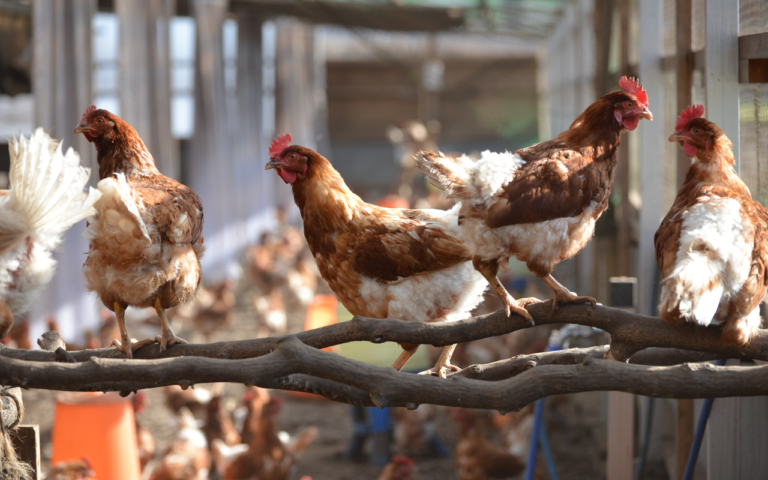
Hakoniwa Farm, which learned about the situation of cage rearing and started cage-free rearing, is cage-free
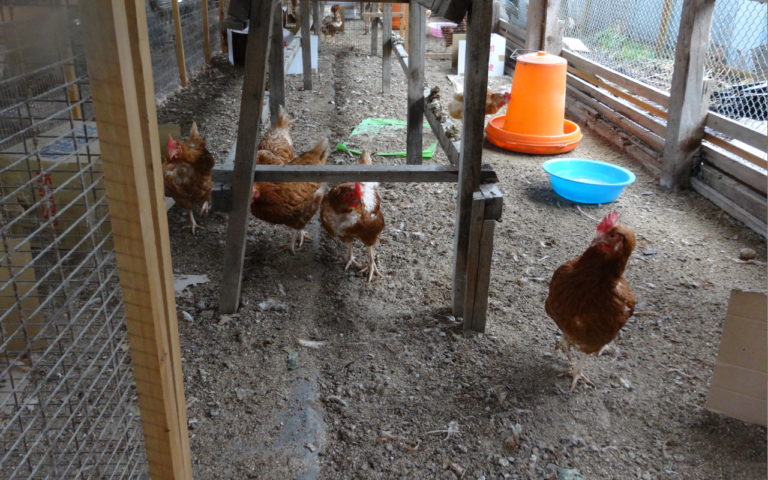
Kurinomi-en, A Social Welfare Corporation that Provides Employment Support for People with Disabilities is Cage Free
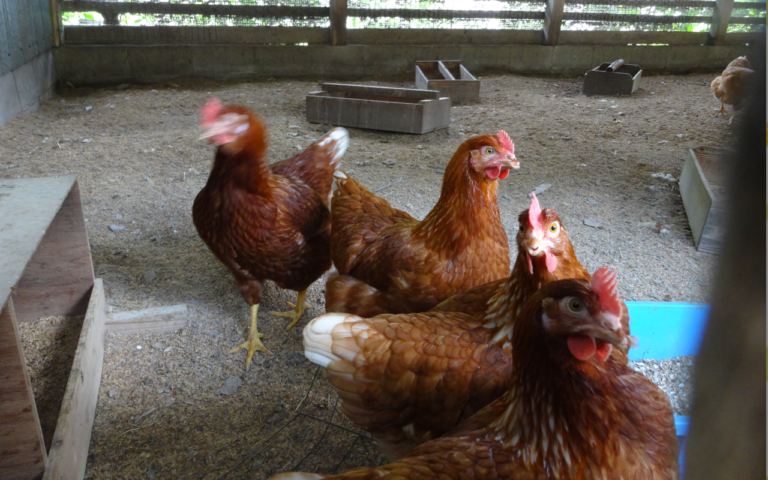
Soleil du printemps decided to switch to cage-free eggs
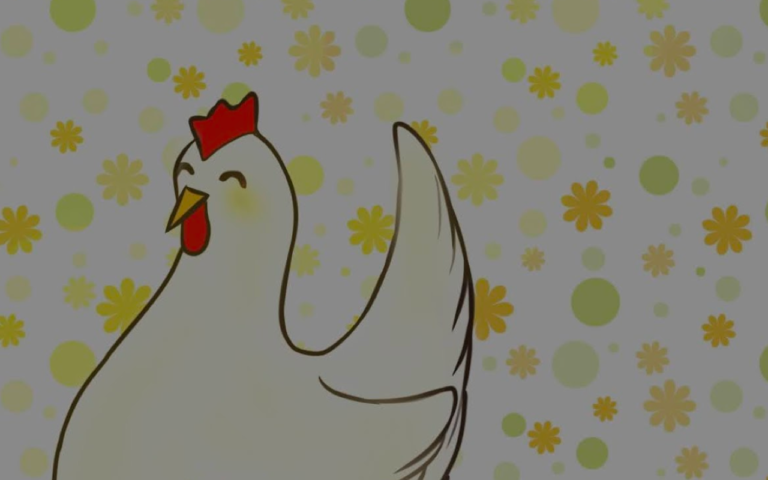
Celebrate! Now 100 companies and shops have declared cage free in Japan!

“Chickens are supposed to be cage free”, Animal Doughnut of Ikumimama is cage-free
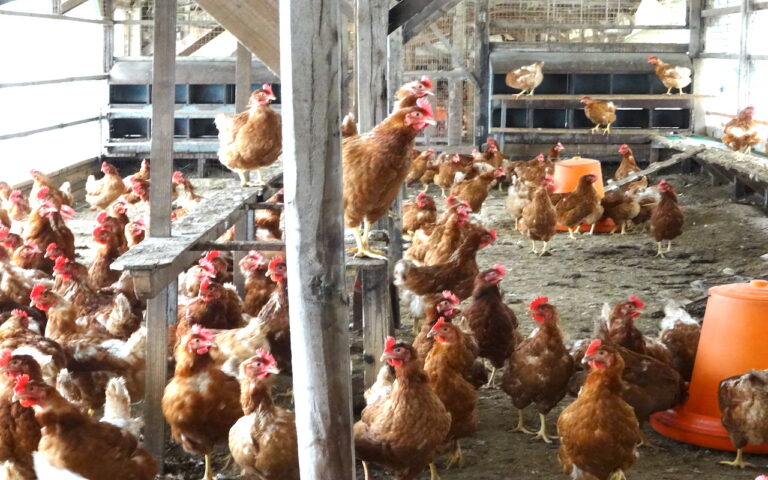
With thorough rearing for the chickens, Misono farm is cage-free
